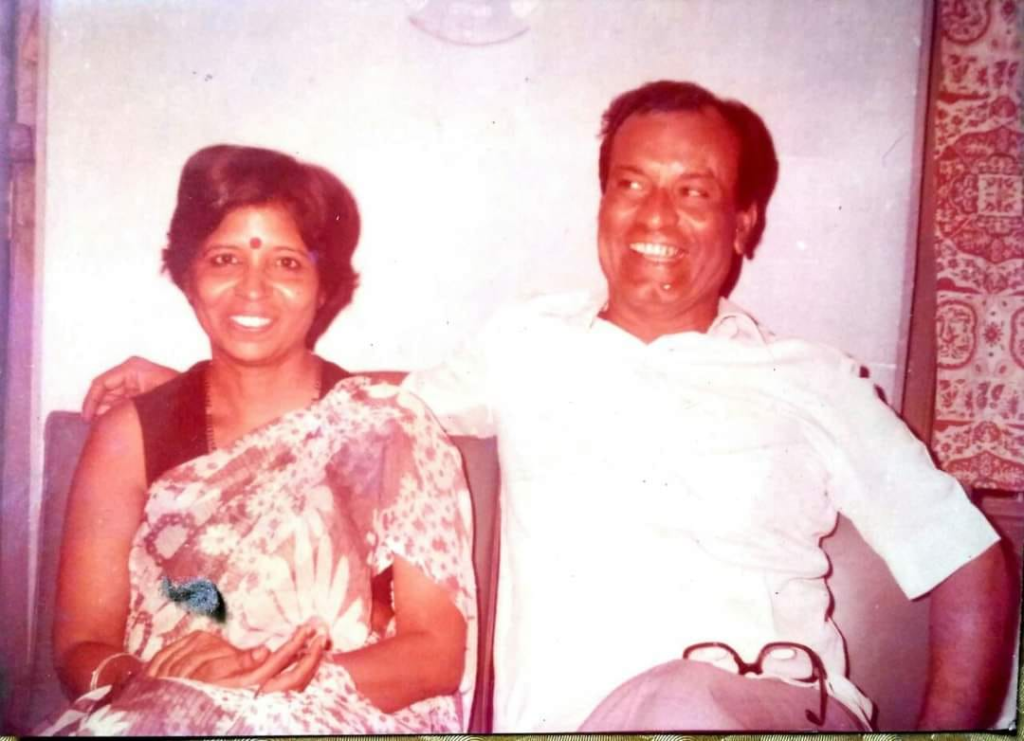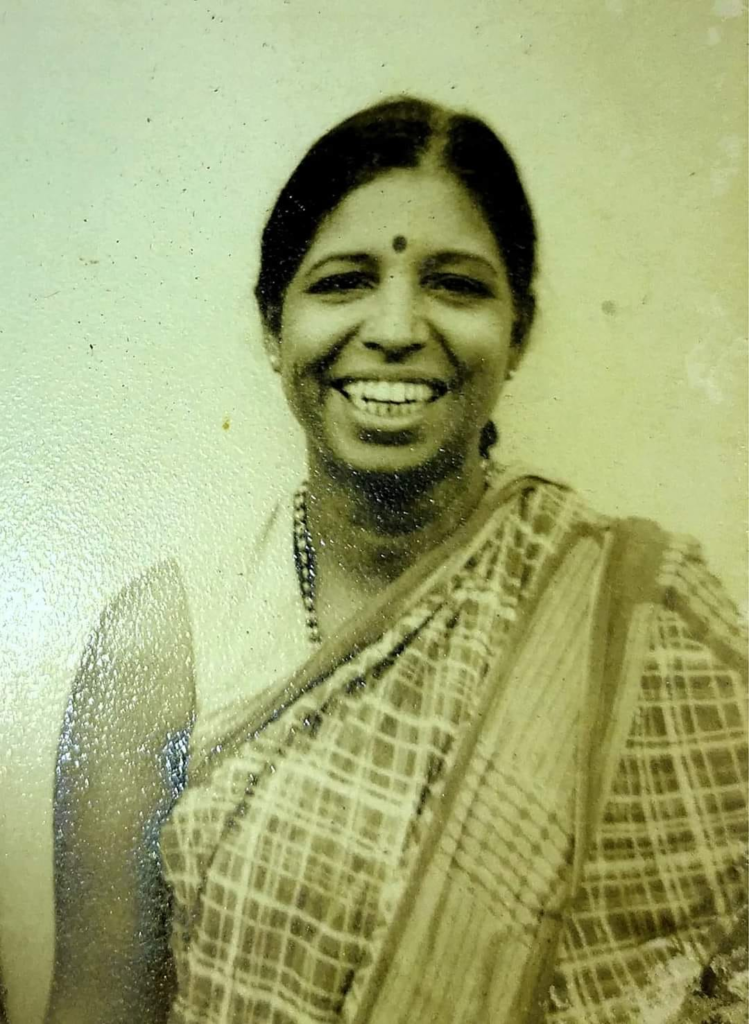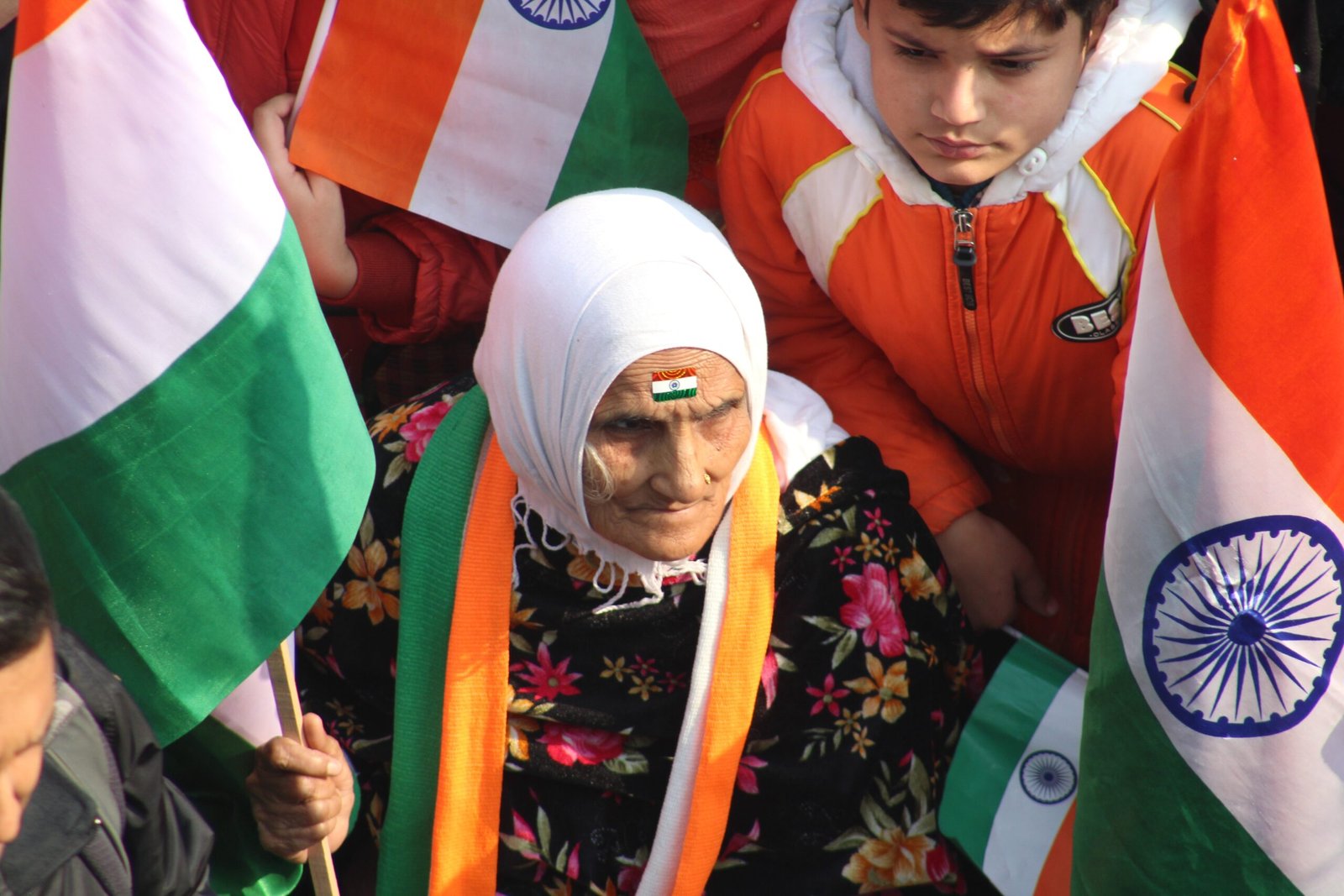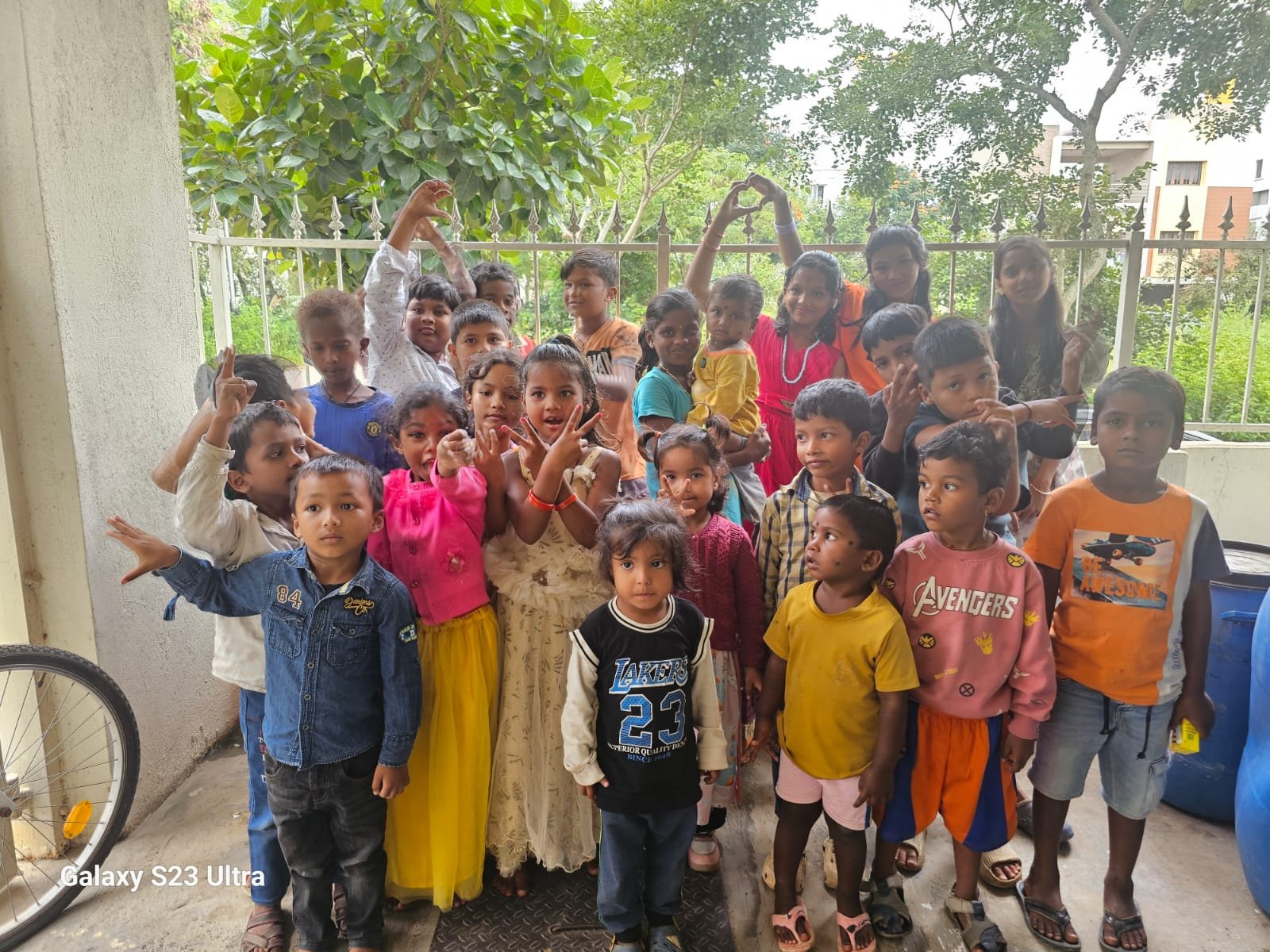‘Never too early, never too late’ is the theme for the month-long campaign of The Alzheimer’s Disease International. World Alzheimer’s Day, which takes place every year on September 21, is a global effort to raise awareness and challenge the stigma around Alzheimer’s disease and other dementia.
Amma began to repeat things. Initially, we ignored it, as repetition is something that many of us are prone to. We do it to remind, we do it to reiterate, to show how important a particular thing is. However, with Amma what struck me is the frequency of the repetition. The same thing she kept on repeating not once or twice but many times. Initially, I used to tell her that she just said it; she would stop just for a while and then say it all over again. After she was diagnosed with Alzheimer’s disease, the repetitions increased. But now I knew the reason. There was no point telling her that she was repeating; the best thing was to listen to her quietly. Of course, listening to someone repeating the same thing over and over again is not an easy thing. It is also very difficult for the caregiver to keep her cool, but then keeping quiet and being a patient listener is the best that one can do. It is not repetition alone which characterizes Alzheimer’s and dementia. There are inconsistencies in what is being said, overlapping of time periods, mixing up of people and situations – things which a family member of one suffering from the disease will be able to recognize immediately. Hallucinations occur frequently and add to all of this.

Amma was a very social person and could open up a conversation with anyone, from the new neighbour to the domestic help, to the little kid playing in the street, to the local shopkeeper, the bank clerk, just about anyone. She loved having people around. After my dad passed away, she found it difficult to stay indoors alone. She needed to venture out, to do a few odd jobs, to put out clothes to dry and, most of all, to talk with our neighbour, Mita. On winter afternoons after lunch, Mita and Amma would sit on the doorstep to Mita’s house, enjoying the winter sun, and talk. After Alzheimer’s set in, the talks continued but then there were inconsistencies in what she spoke about. And, yes, she repeated a lot. Mita enjoyed her company and listened to whatever she had to say. However, as time went on and the disease progressed, Amma started to talk much less than what she was wont to.
A year after the diagnosis, I took her to Hyderabad for a small holiday so that she could spend some time with her sisters, cousins, and their families. My aunt noticed this almost immediately and pointed out: my mom who used to talk excitedly and a lot had become much quieter. She suddenly became more interested in reading a book of Telugu slokas, which she read aloud. It was nice to hear her reciting them. However, it was so loud that my little nephew knew them and could repeat the whole thing. Amma was retracting into her shell, it seemed. The talking was slowly becoming less and less. She did love moving around and, since she had the tendency to wander away, we needed to be very careful. We had to ensure that she was safe and secure.
She began losing interest in tending to her plants, in other small things that she liked doing. There seemed to be one thing that interested her: she wanted to always go out. About 3 years into the disease, I noticed that when she spoke it was mostly in her mother tongue, Telugu. She did understand Bengali, Hindi and English, spoke them, read the languages but, when spoken to, I noticed that the language that came to her instinctively was Telugu. When the domestic help asked her something in Bengali, she replied in Telugu, not realizing that the help did not understand the language. She still spoke in the other languages she knew but Telugu was the language she seemed to be most familiar with.

As days passed by, Amma’s talking reduced even further. She spoke only when spoken to. At times, she did not even reply. There were times when she replied by gestures alone. She used to call me out whenever she saw me. In order to draw my attention, one day she clapped her hands. She stopped calling out my name. She spoke mostly in monosyllables and disyllables, sometimes just smiled in response. Not only did the speaking reduce, I noticed that she was not responding to things as well. When asked to do something – like shaking a hand, putting her hand out, or something simple – the response was just silence. If it irritated her she just got up and walked off or threw down something she did not like. There was no verbal response to these things. There was a time when she read a lot; then she kept on reading and re-reading the same thing over and over again. At times she just threw off a magazine or a newspaper; she flipped over the pages fast.
Now she flips over pages and pauses to look at pictures of men and women on the printed page. I have seen her looking at an image for a long time and smiling back at it. She does the same with people she sees on television.
Today, five-and-a-half years into the disease, Amma has stopped talking. She does not say anything at all. Not a single word, no complaints, nothing. It is difficult to gauge if anything is wrong with her. When a doctor is called to attend to her, she does not respond to anything he says or asks her to do. There is only a brilliant smile on her face. The only way we can attend to her is by closely observing her. When she falls sick, runs a fever or does not feel well, her walking stops, she refuses to get up. Once she feels better, her walking resumes. But then, these days, she walks much less than what she was wont to. She listens to songs, claps her hands for a while, and then turns her head away. When I sing a familiar song that she loves, she looks at my face and tries to emulate the movement of my lips.
Amma has forgotten to talk.















